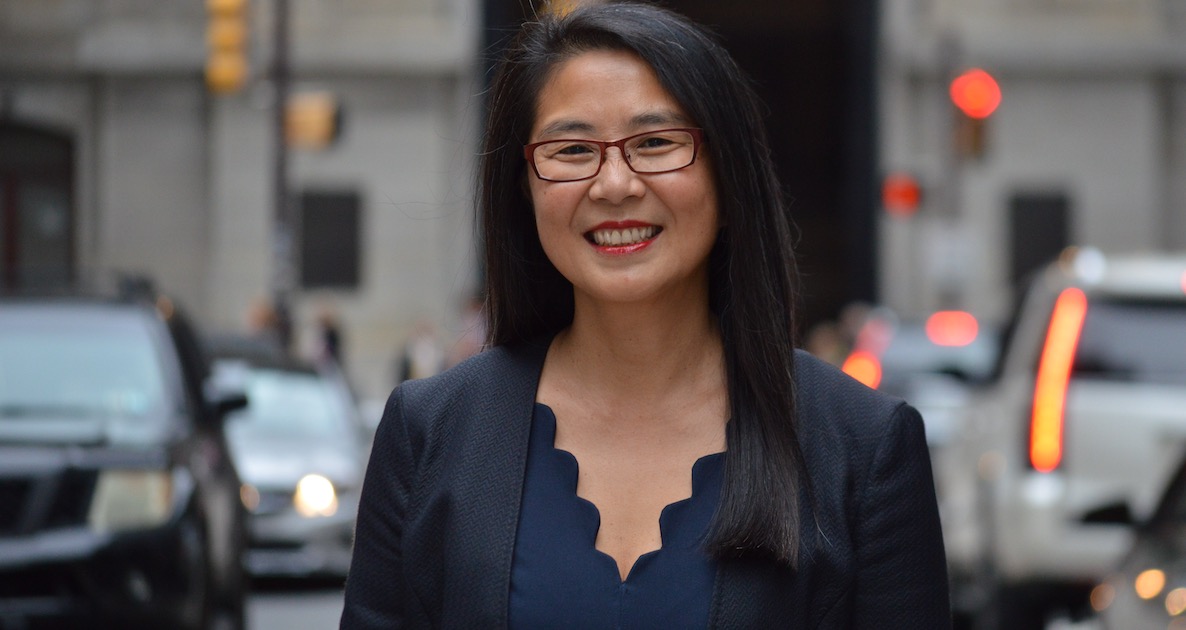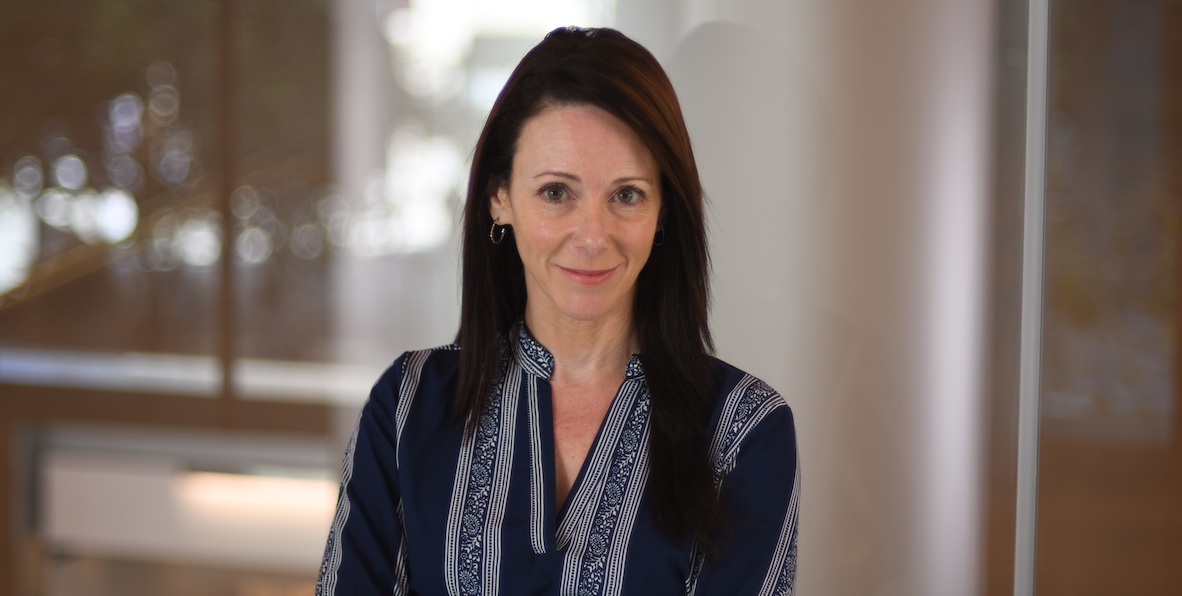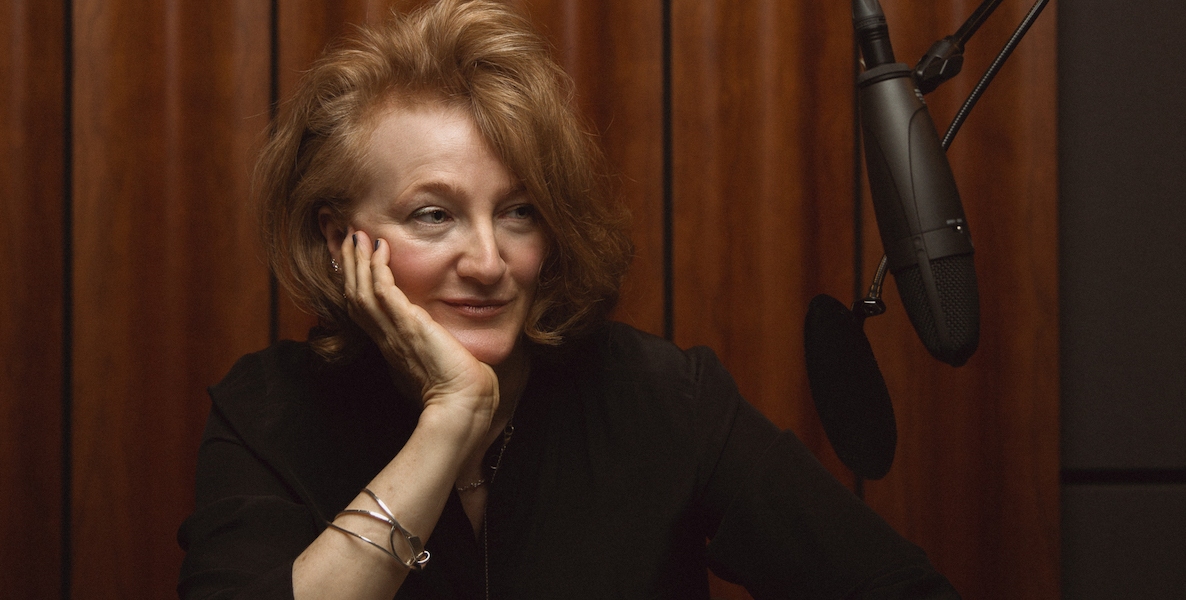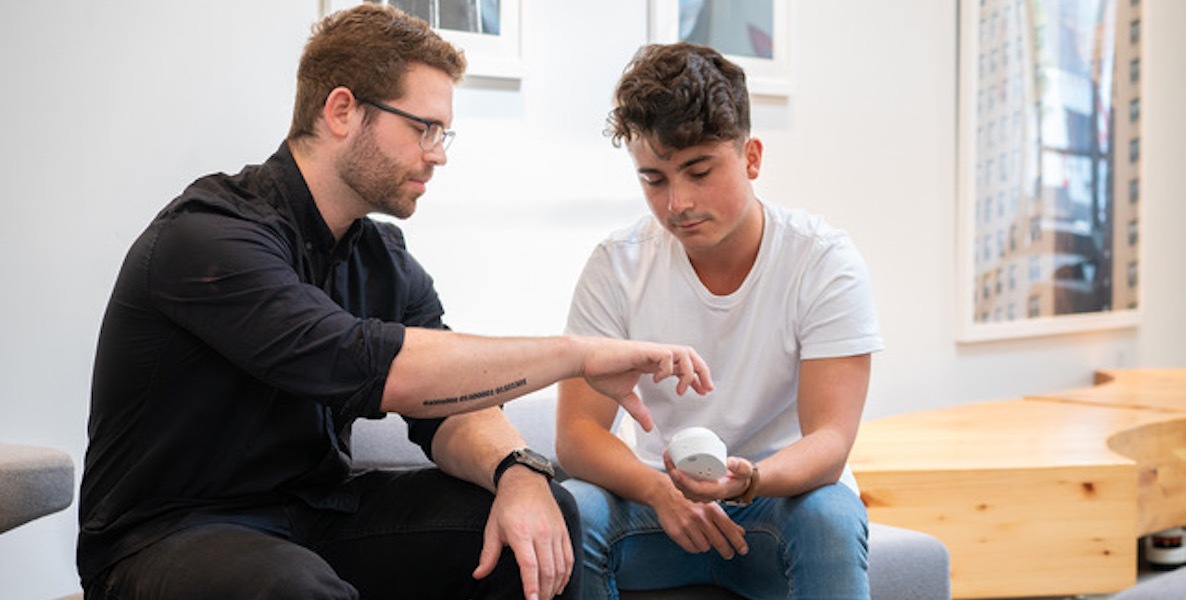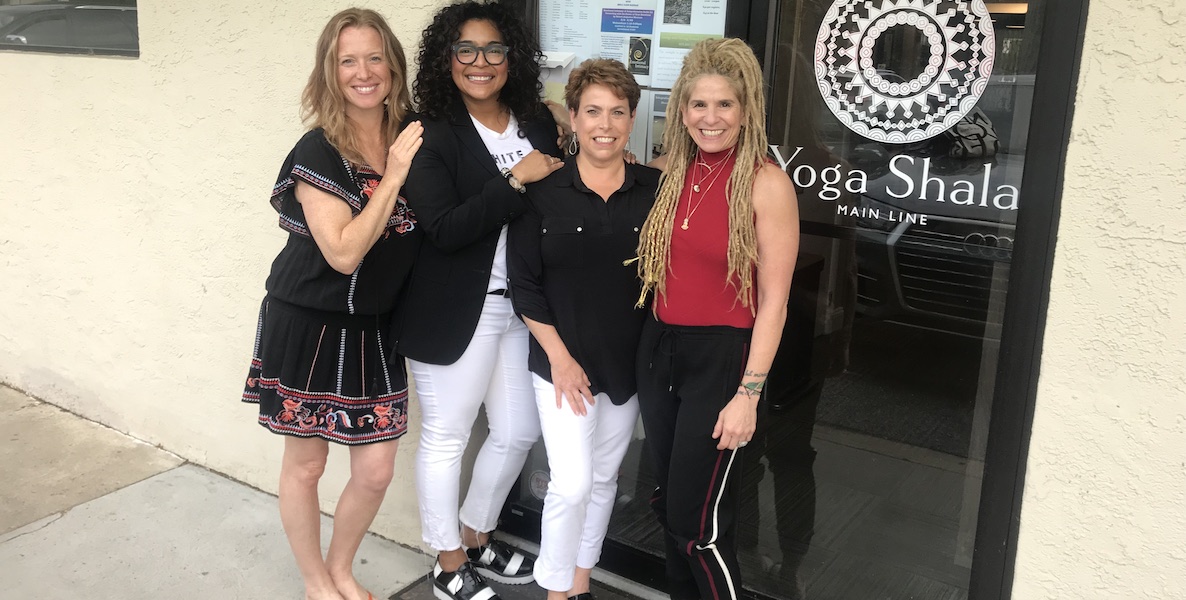Aurora Archer was tired.
Tired of straightening her hair for work after being told she looked dirty, unprofessional.
Tired of having to talk to her joyful, sensitive teen son about the risks he might incur just by innocently wearing his beloved hoodies, or keeping his hands in his pockets, in public.
Tired of venting her frustration to her many white friends, only to feel like it fell on deaf ears. That her friends—progressive, educated, compassionate, well-meaning as they were—simply didn’t get it.
Then she read White Fragility.
“It encapsulated everything that I knew, everything that I felt, that I had experienced, that I had tried to articulate in a multitude of ways,” she says.
For Lord, White Fragility was a wake-up call. “I called Aurora after the first two chapters and went ‘Oh my god, I had no idea.’ I had no idea [about] the impact of my actions and my words.”
Published last year, White Fragility: Why It’s So Hard For White People To Talk About Racism, made headlines and best-seller lists for its direct plea to white people that they wake up to the racist reality of our society—and start doing something about it. Written by Robin DiAngelo, a former professor of multicultural education at Westfield State University, it is a cry from a white academic for white people to acknowledge their complicity in racism so that they can work to change the ubiquitous structures, policies, and practices that continue to oppress and penalize people of color.
![]()
Blown away by the book’s sentiments, Archer, a marketing exec and co-founder of Bellatrix Group, bought 10 copies and handed them out to friends. “I shared the book because I was tired of making excuses for my friends’ lack of knowing and their complicit behavior in racism,” she says. “I shared the book because I was angry that I had to have a conversation with my son about hoodies and his hands in his pockets. And I had already seen, as a very little girl, my dad being dragged out of our family car by police and kicked and beaten within inches of his life, just for being black.”
Some of Archer’s friends read the book immediately; others shelved it. Regardless, Archer bought and gave away more. And more.
Among the recipients of the books: Lisa Lord and Kelly Croce Sorg, both of whom Archer had known, through mutual friends, for nearly a decade. Archer and Croce Sorg, fast and close friends, had always shared a unique candor about race, and the book only strengthened their bond. For Lord, the book was a wake-up call. “I called Aurora after the first two chapters and went ‘Oh my god, I had no idea.’ I had no idea [about] the impact of my actions and my words.”
![]()
Archer had also been speaking about the book with her dear friend, Erica Bleznak, owner of Main Line Yoga Shala in Narberth. The two of them contemplated hosting some kind of workshop. Spurred by the book, they wanted to do something about the need for white people—white women, in particular—to help understand and dismantle the racism and racist structures that underlie every aspect of life in the U.S.
They looped in Lord, a lifelong human relations professional, about the possibility of her leading a workshop. Croce Sorg joined the conversation then too.
The result is a series of workshops, aptly called 10,000 White Women: Doing the Work, with dual goals: to open white women’s eyes to the racism all around, and to get them started on their own journey towards doing something about it. The workshop fee is $20, with proceeds going to BIPOC (Black, Indigenous, People of Color) educators and activists nationwide. (The call for 10,000 women to sign on is a nod to Malcolm Gladwell’s research suggesting that to become truly proficient in anything, one must spend 10,000 hours doing it.)
“My goal is less black and brown bodies dying. But that goal is so out here,” Archer says. “So how do I then back up into that? I think the first and foremost step is engaging in the conversation.”
Since January, the women have held three workshops, for nearly 100 women in all, at Bleznak’s studio; they envision hosting them every six to nine weeks—around Philly for now, and perhaps beyond here in time. The work is purely emotional, not physical, but the choice of yoga studios as the setting is intentional.
“You’re in an open environment that’s going to breed trust and commitment and truth,” says Croce Sorg, a designer at Chairloom. “I’ve gone on umpteen yoga retreats, and there is a percentage of progressive white women [there] who want to work on themselves. So we figure, while we have that little door ajar, let’s shove something else in there to say ‘Have you thought about this? Because it actually affects all areas of your life. Little did you know, you’re actually harming a lot of people. Little did you know. Little did I know. Little did we know.’”
While Archer is part of every workshop, Lord leads the sessions. “Everyone wants to outsource [the work] to the black people. But no, no, no—it’s your work, and you hear each other better,” Archer says. “I am a testament to the fact that I know they love me and I love them, but they were not hearing me.”
![]()
Lord opens the two-hour workshops by talking about her genuine surprise, when the Women’s March took place in 2017, that black women felt overlooked in the conversation, that they didn’t want to be “saved” by white women—significantly more of whom voted for Trump than they did—suddenly claiming to be allies.
“I don’t need your damn support,” Archer says of the idea of white women seeing themselves as some kind of heroes.
Lord goes on to admit to the group that she never realized how much of the history that’s taught in schools is told from a white perspective. She laments not having had a better sense of empathy towards her black colleagues in the workplace. She is willing to model the mess.
“If there’s not a white owner to this problem encouraging other white women to own it themselves and be accountable for it, then you’re just not sending the right message,” she says. “I’m guilty. I’ve been there, I’ve done that.”
But she doesn’t wallow in shame: She uses her belated reality check as a catalyst to learn more, to try harder. And throughout the evening, she leads women through their own self-analyses, and has attendees break into small groups to talk about race and racism in their own lives.
“I’ve gone on umpteen yoga retreats, and there is a percentage of progressive white women [there] who want to work on themselves,” says Croce Sorg. “So while we have that little door ajar, let’s shove something else in there. Because this actually affects all areas of your life.”
The workshops are not perfect—after one session, Bleznak received a blunt, six-page critique, which the women took to heart and used to inform subsequent sessions—but they’re not meant to be perfect. Because there’s no perfect way to talk about race. What’s more important than perfecting the conversation is having it.
When pushed on what’s next—what action women can take beyond emoting, what the goal of all of this really is—the women maintain that there’s no one-size-fits-all answer. Croce Sorg cautions against running into action without doing more learning and more introspection; Lord says she just wants people to be wearing new lenses on the world. Archer is the most blunt.
“My goal, what I ultimately want to see, is less black and brown bodies dying. That’s my goal. But that goal is so out here,” she says, gesturing with her hand high above her head. “So how do I then back up into that? I think the first and foremost step is engaging in the conversation.”
Before wrapping up workshops, Lord asks participants to share one action they’ll take to do better. Some women vow to share White Fragility; others commit to supporting black-owned businesses; some speak of seeking out opportunities to hire and spotlight more people of color. Women are encouraged to continue to learn, to never stop educating themselves.
Archer and Croce Sorg are also continuing the work through the creation of a production company, Abundance Productions, which will be an umbrella for their efforts. The workshops will fall under Abundance’s non-profit arm. “We don’t believe we should be profiting from trauma and pain, and hopefully also healing,” Archer says. A follow-up curriculum they’re developing and a podcast they’re launching, The Opt-In Podcast, will fall under the for-profit arm.
During their April 8th workshop, there were only two women of color in the room. One was Archer; the other, the Reverend Rhetta Morgan, a Philly-based ordained Interfaith minister and conservatory-trained professional musician. As the evening wound down, the 20-plus women in attendance gathered in a circle around Morgan, and she led everyone in a song she wrote:
“One heart, one mind, one body, one
One sound, one voice, one prayer, one
One birth, one death, one wisdom, one
One joy, one pain, one healing, one,” she sang.
Seated on the floor around the room, some women closed their eyes; others nodded along. Most joined in singing, their voices rising in solidarity. As Morgan’s singing wound down, she ended on a note that resonated with all, that captured the essence of what had just transpired, and the work that lay ahead:
“One you, one me, one people, one.”
Photo by Sheri Resnick


